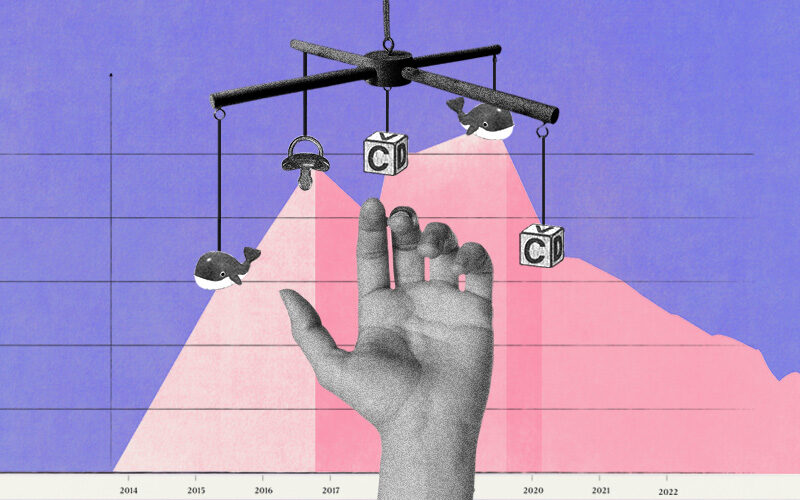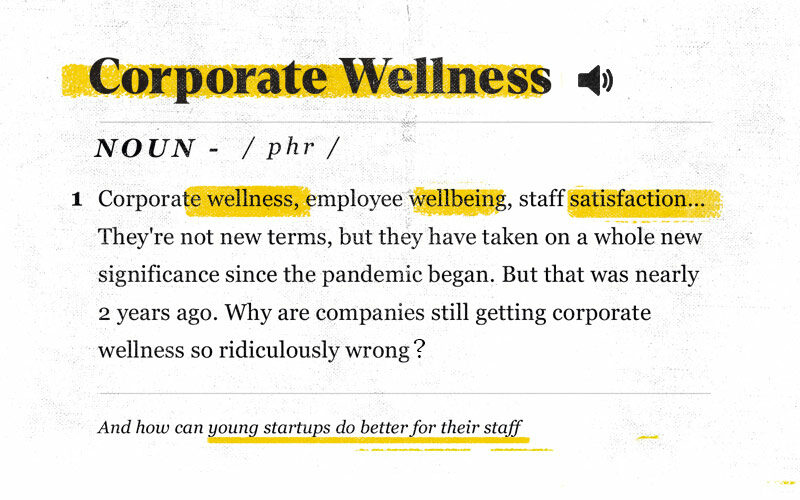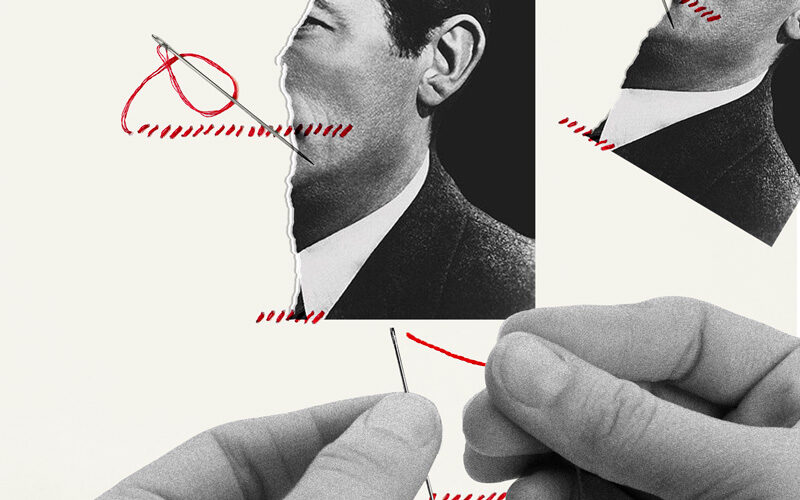How many hours do CEOs work on average? Take a guess. Eighty? Ninety? A hundred?
The average CEO works 62.5. The perception that Bezos-level business leaders are clocking in at 4am is a total myth.
Bezos is in fact an outspoken advocate of ample sleep, calculating that any hour gained by missing sleep is an hour lost to tiredness and poorer decision making.
Because, let’s be honest: if you’re working on your startup 80+ hours a week, how much of that time are you being productive?
Are you power-outputting that whole time, shaking hands and making cash? Or zoning out in front of the glare of your screen? Going down research rabbit holes? Writing and rewriting a single sentence because the right words aren’t coming?
Unless you’re Mark Wahlberg, you probably don’t plan or account for 12 hours a day on the grind. You’ll have meetings, operational work, and admin. You’ll feel like every second counts. But no human can be physically or mentally productive for 12 hours straight.
Science says it’s more like 5.
The more you try to work, the more your brain stops working. You might feel glued to your desk, unable to do more, but unable to tear yourself away. It’s natural to feel tired, but if you don’t know when to stop, your body will eventually stop for you.
Tiredness = ! = Burnout
When we talk about burnout, we’re talking about burning through our energy reserves.
Burnout doesn’t happen when we’re doing something we really enjoy, as long as we’re doing them within the bounds of our human abilities. Things we enjoy give back some of what they take. Because the rewards of doing what we love (combined with good sleep and nourishment) replenish our energy rather than draining it.
You can definitely get tired doing what you love. You might have days where you don’t feel that reward, or lose sight of your mission. But when those rewards stop coming completely, and you keep grinding anyway? That’s when burnout happens.
Burnout means there’s nothing left to give. And it’s the downfall of many a founder. So why do so many get to this point?
The harbingers of burnout are kind of like the seven deadly sins. You’ve got pride (“I couldn’t possibly step out. People need me/the ship can’t run without me”). You’ve got wrath (“Why isn’t x working as hard as me? Why do I have to pick up the slack all the time?”) and you’ve got greed (“I’ve got to squeeze every penny out of this operation. I’m not going to waste money paying other people”).
There’s also the overwhelming pressure we face from ourselves, our investors, and society at large to succeed. It goes hand in hand with a reluctance to admit defeat or weakness (or what we perceive as defeat or weakness).
The answer lies not with giving up, or with unhelpful suggestions like “just work less” or “just don’t stress!”. It’s about finding practical ways to cope long term so both you and your business can thrive.
How to beat the burnout
There are already hundreds of articles telling founders to rest, exercise, eat well, and meditate. But you already know you should do those things. And it’s easier said than done.
While you work on your physical health in your personal time, here’s a few things you can implement to battle burnout on the clock.
Vacation is a cultural issue
Ah, time off. The obvious yet seemingly impossible solution to overwork. Everyone needs it, and your employees have it by law. You’d never ban people from taking time off, right? But if you’re not taking time off, and neither is upper management, and everyone’s overloaded already… no one’s taking the holiday they’re legally entitled to (and might desperately need).
Cultivate a culture where taking a week off is okay and cover can be arranged. No part of your business should hinge on a single person. The same goes within reason for sick days, mental health days, and working from home where needed. Also worth noting 4-day work weeks have been proven to boost both happiness and productivity.
A change is as good as a rest
The monotony of our daily, weekly, yearly routines is tough for our novelty-seeking brains. Clocking in, clocking out, the same sandwich at lunch, the same coffee shop in the morning, the same repetitive meetings.
Science shows that humans benefit from the mental stimulation of a change. It might even boost our cognitive abilities and concentration powers.
This is why things that seem small – dress-down Fridays, excursions from the office, desk-swapping, new hires and new ideas – can keep us fresh and functioning.
In a hustle mindset, nothing is ever done.
Do you frequently hear yourself parroting catchphrases such as “I don’t have time” or “there’s just not enough hours in the day”? You might just be in hustle mindset.
Hustle mindset is a scarcity mindset. If you view time as always running out, not only are you living in a perpetual stress state, you’re trying to negotiate with the quantum laws of the universe.
Because there will never be more time. Founders have to learn to be at peace with unfinished tasks. It’s the trade-off you make for mental and physical upkeep. And your working time should feel scarce – it’s how you stay focused and respect your own schedule.
Elon Musk was wrong (both factually and morally) when he said “nobody ever changed the world on 40 hours a week”. The proof lies with the hero of this whole three part series, Jason Fried. In the words of the Basecamp founder, never being done is “not a function of hours. No matter how many hours you work, there’s always stuff you’ll never be able to get to. Working eight hours gives me plenty of time to get to all the work that I need to do, and still plenty that I want to do. That feels like the right balance.”
And he still managed to build a $100 billion business.
Ban meeting overrun
Conducting meetings is an art and a science. Each should be formulaic and the formula honed as you learn what works for your people and processes.
Assign a note-taker, set 1 to 3 objectives at the start, have zero tolerance for tangents, and dole out actions at the end. If someone’s not given a way to contribute, consider whether they should be in the next meeting.
Terminate the meeting on time or before time, as soon as objectives and actions have been married up. Bonus points for finishing 10 minutes early and instructing attendees to have a coffee break or a walk instead of rushing back to their desks. Allow attendees to step out when their part is done rather than sticking around in silence til the bitter end.
It’s not just about saving your precious time and respecting people’s schedules, it’s about freeing people up from the boredom and pedantry that pervades corporate boardrooms.
Let fires burn
Some or all parts of your company are going to be on fire at one stage or another. There are going to be problems with seemingly horrifying consequences that there are no immediate solutions to. But constant firefighting means staying in one place. Learn to relax (and prioritise) amidst the flames.
No one is denying that you need to put in the hours when starting up a business. Especially in the seed stage, you’ll be so busy trying to raise investment (and likely unable to afford supporting staff), you’ll feel the day-to-day stuff slipping further and further behind schedule.
In any funding round, and for any product launch or marketing push, your workload will increase. When you first hire a new staff member, your workload will increase. And that’s okay.
If you can learn to recognise and pause when you’re close to breaking point, you can learn to manage the workload in sprints. And when you realise how much better you feel looking after yourself, it will start to come naturally.











